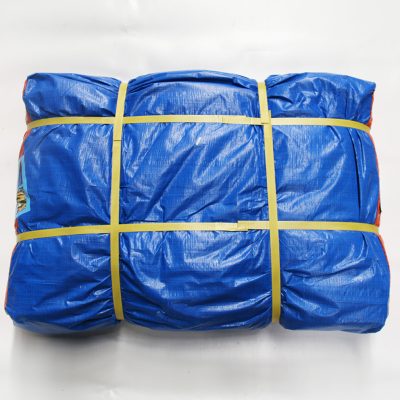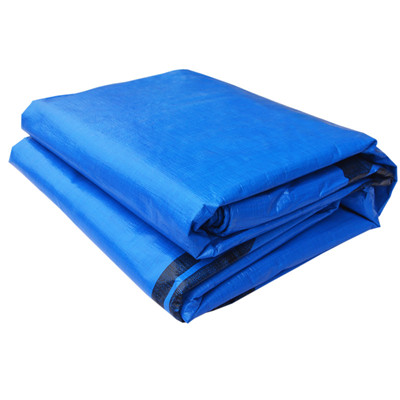Tarpaulin tents are affordable and versatile camping solutions that have gained popularity among outdoor enthusiasts and campers. These tents are typically constructed using tarpaulin material, which is known for its durability and weather-resistant properties. Here are some advantages and considerations for using tarpaulin tents as affordable camping options:
Advantages:
- Cost-Effective: Tarpaulin tents are generally more affordable than traditional camping tents, making them an attractive option for budget-conscious campers.
- Durability: Tarpaulin material is rugged and can withstand rough handling, rain, wind, and UV exposure. This durability ensures that tarpaulin tents have a longer lifespan and can handle various camping conditions.
- Waterproof: Tarpaulin material is naturally waterproof, which means tarpaulin tents provide reliable protection against rain and moisture. They keep you and your gear dry during wet weather.
- Versatility: Tarpaulin tents can be set up in different configurations and styles, allowing campers to adapt to changing weather conditions and terrain. They can be used as traditional A-frame tents, lean-tos, or even improvised shelters.
- Lightweight: Tarpaulin tents are often lightweight and easy to carry, making them suitable for backpacking and hiking trips where weight is a consideration.
- Customization: Tarpaulin material can be easily cut and modified to suit your specific camping needs. You can create custom sizes and shapes to accommodate your group or gear.
- Quick Setup: Tarpaulin tents are relatively easy and quick to set up. With a little practice, campers can have their shelter ready in no time.
Considerations:
- Condensation: Tarpaulin tents, like most single-wall shelters, can be prone to condensation buildup inside. Proper ventilation and site selection can help mitigate this issue.
- Limited Insulation: Tarpaulin tents provide minimal insulation compared to traditional tents with multiple layers. They may not be the best choice for extremely cold weather camping without additional insulation.
- Insect Protection: Depending on the design, tarpaulin tents may not offer the same level of insect protection as full
- y enclosed tents. Mosquito nets or additional bug protection may be necessary in some environments.
- Comfort: Tarpaulin tents typically offer a more minimalist camping experience. If you’re looking for creature comforts like standing room or spacious interiors, a traditional tent may be a better choice.
- Learning Curve: Setting up tarpaulin tents effectively may require some practice, especially when configuring them in non-standard ways. Campers should familiarize themselves with various pitching techniques.
- Environmental Impact: Tarpaulins are often made from synthetic materials, which may not align with environmentally friendly camping practices. Consider eco-friendly options if sustainability is a concern.
In summary, tarpaulin tents offer a cost-effective and adaptable camping solution for those who prioritize affordability and versatility. They are particularly well-suited for campers who enjoy minimalist camping experiences and are comfortable with the idea of adapting their shelter to different conditions. However, campers should be aware of the limitations and plan accordingly for their specific camping needs.


















